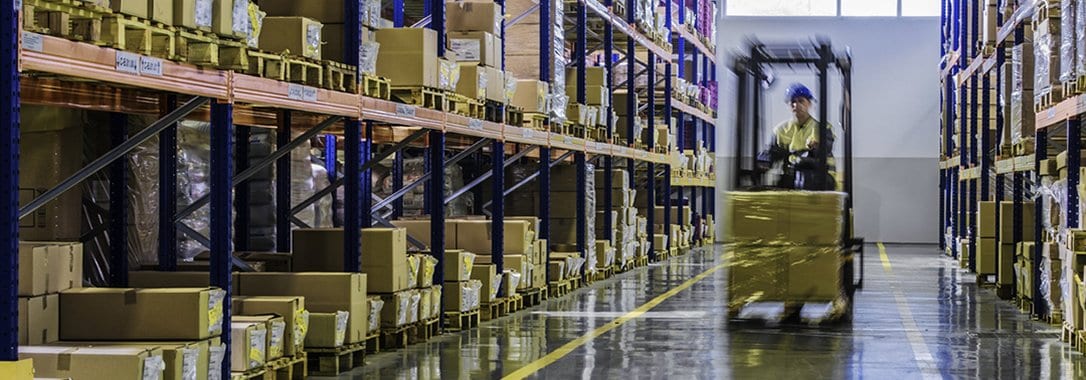Foreign Trade Zones: What you Should Know

What is an FTZ?
Foreign Trade Zones (FTZ’s) are designated geographical areas (typically warehouses) governed by U.S. Customs. Generally located around major ports throughout the country, FTZ’s were created by the Foreign-Trade Zones Act of 1934 to encourage trade with the United States.
Permitted Activity and Restrictions
So now that you know what an FTZ is, here are some things you can and can’t do there. Within an FTZ, you can store, display, manufacture, and process imported foreign goods. You can’t do any of these things with goods or processes that are deemed by the FTZ Board as harmful to the public, such as manufacturing beverages and perfumes containing alcohol, tobacco, or sugar. Firearms in an FTZ are also prohibited.
Advantages
There are several ways in which utilizing an FTZ can give your company a competitive advantage. The principal benefits being duty deferrals or duty exemptions. Duties and excise taxes on goods imported into an FTZ are deferred until transferred out for domestic consumption. Duty deferrals can be advantageous to the importer as they may wait to transfer out of the zone until a tariff is reduced or lifted. Products imported into an FTZ, then re-exported from within the FTZ incur no duties. Thus, the term “duty exemption.” Another way that people save is through an “inverted tariff.” Goods imported into an FTZ and processed there potentially qualify as a modification resulting in a different classification – which may reduce the duty rate.
Foreign Trade Zones may provide many advantages to your company’s operations, but they don’t work for everyone. It is important to enlist the help of an international freight forwarding company with direct experience and access to an extensive network of FTZ designated warehouses.

Contact Us

